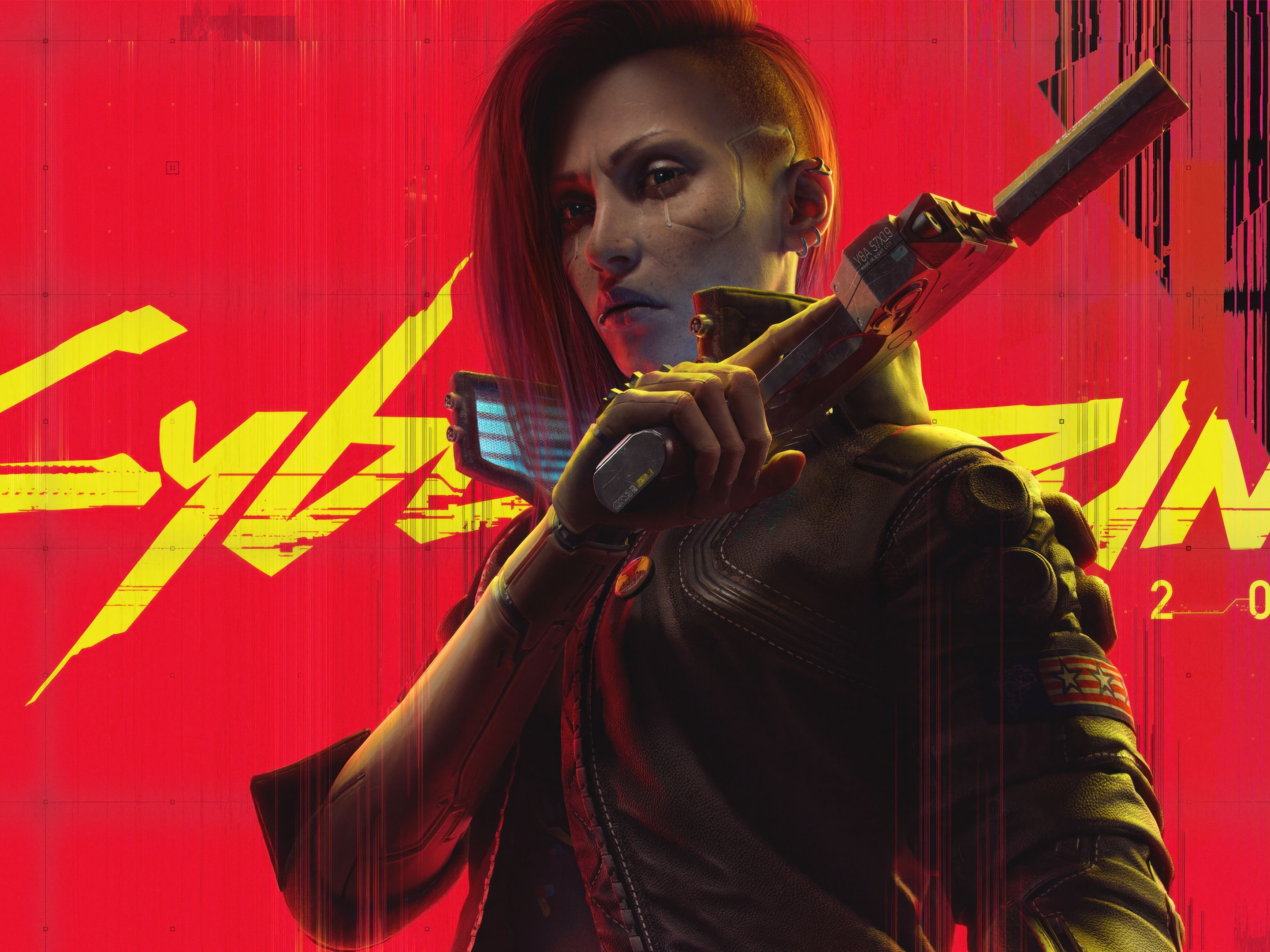The Role of Peer Review in Ensuring AAA Game News Quality
The video game industry, particularly the AAA sector, exists at the intersection of high-stakes commerce, fervent community expectation, and complex artistic endeavor. News and reviews within this ecosystem are not merely informational; they are powerful forces that can shape market success, inform consumer spending, and influence cultural perception. In an era of rapid-fire news cycles, exclusive reveals, and the immense pressure to be first, the integrity and accuracy of game journalism are paramount. It is here that the often-overlooked practice of peer review emerges as a critical, non-negotiable pillar in ensuring the quality, credibility, and ethical standing of AAA game news.
Peer review, in this context, extends beyond the formal academic process. It represents a systematic internal mechanism within media organizations where a piece of content—a news article, a preview, or a review—is scrutinized by one or more colleagues before publication. This process acts as a multi-layered filter designed to catch errors, challenge assumptions, uphold ethical standards, and refine arguments, thereby safeguarding the publication's reputation and serving its audience with trustworthy content.
The first and most fundamental role of peer review is as a bulwark against factual inaccuracy. The details surrounding a AAA game are intricate and easily misconstrued. A misplaced decimal point in a preview about a game’s frame rate target, a misattributed quote from a developer in a news piece, or an incorrect interpretation of a publisher’s financial report can spread like wildfire, causing significant reputational damage to both the media outlet and the subjects of the error. A second set of eyes, preferably from an editor or a fellow writer knowledgeable in the beat, can catch these mistakes. They verify sources, cross-reference statements with official materials, and ensure that headlines accurately reflect the content of the article, preventing the spread of misinformation that can mislead millions of readers.
Beyond simple fact-checking, peer review is indispensable for maintaining ethical integrity. The relationship between game journalists and AAA publishers is notoriously complex, fraught with potential conflicts of interest. The practice of granting early access to games, exclusive interviews, and lavish press events can, even subconsciously, influence coverage. A robust peer review process acts as a crucial ethical checkpoint. Editors and peers can question the tone of a preview, asking if it reads too much like promotional material supplied by the publisher. They can ensure that a review score is adequately justified by the critique within the text, guarding against the perception of "score inflation" for favored studios or franchises. This internal challenge ensures that the final output aligns with the outlet’s editorial standards of independence and objectivity, rather than the interests of the game’s marketing department.
Furthermore, peer review elevates the analytical and argumentative quality of games criticism. A AAA game is a sprawling, multi-faceted creation involving narrative, mechanics, sound design, technical performance, and artistic direction. A single reviewer, no matter how experienced, may have blind spots or struggle to articulate a complex feeling about a game’s design. By having another critic engage with the draft—questioning its conclusions, pointing out underdeveloped arguments, or suggesting alternative interpretations—the writer is forced to sharpen their thesis. This collaborative critique transforms a good review into a great one. It ensures that the final assessment is not just a personal reaction but a well-reasoned, thoroughly examined critique that can withstand scrutiny from a discerning readership. It pushes the writer to move beyond superficial statements and delve deeper into the "why" behind their experience.
The process also plays a vital role in mitigating individual bias. Every journalist brings their own preferences, experiences, and expectations to their work. A writer who deeply loves a specific genre might overlook significant flaws in a new entry, while another who dislikes a particular style of storytelling might unfairly penalize a game for it. Peer reviewers provide a necessary counterbalance. They can identify where personal bias may be clouding judgment and encourage a more balanced perspective. This doesn’t mean eliminating the writer’s unique voice, but rather ensuring that the critique is fair, contextualized, and acknowledges its own potential limitations.
In today’s digital landscape, the necessity of peer review is only amplified. The relentless demand for clicks and engagement can incentivize sensationalism, clickbait headlines, and the rushed publication of unverified leaks. A strong editorial framework that mandates peer review serves as an institutional brake on these tendencies. It reinforces a culture of diligence over speed, prioritizing the long-term trust of the audience over the short-term traffic of a hastily published, error-ridden article.
However, the practice is not without its challenges. It requires time, resources, and a team with diverse expertise—luxuries that are increasingly scarce in a media industry facing economic pressures. Yet, for any outlet claiming to produce serious journalism, it is an investment that cannot be sidelined. The alternative is a descent into a chaotic free-for-all where inaccuracies go unchecked, hype is unchallenged, and criticism lacks depth.

In conclusion, while bylines highlight individual journalists, quality game journalism is almost always a collaborative achievement. Peer review is the engine of that collaboration. It is the essential, behind-the-scenes practice that transforms initial drafts into authoritative, reliable, and thoughtful content. For consumers navigating the multi-billion-dollar world of AAA games, where a single title can cost $70 or more, the presence of rigorous peer review is what allows them to trust the news they read and the reviews they rely upon. It is, therefore, not just an editorial tool but a covenant of trust between a publication and its audience, ensuring that in the high-stakes arena of AAA gaming, quality and truth are never sacrificed at the altar of speed and spectacle.
















